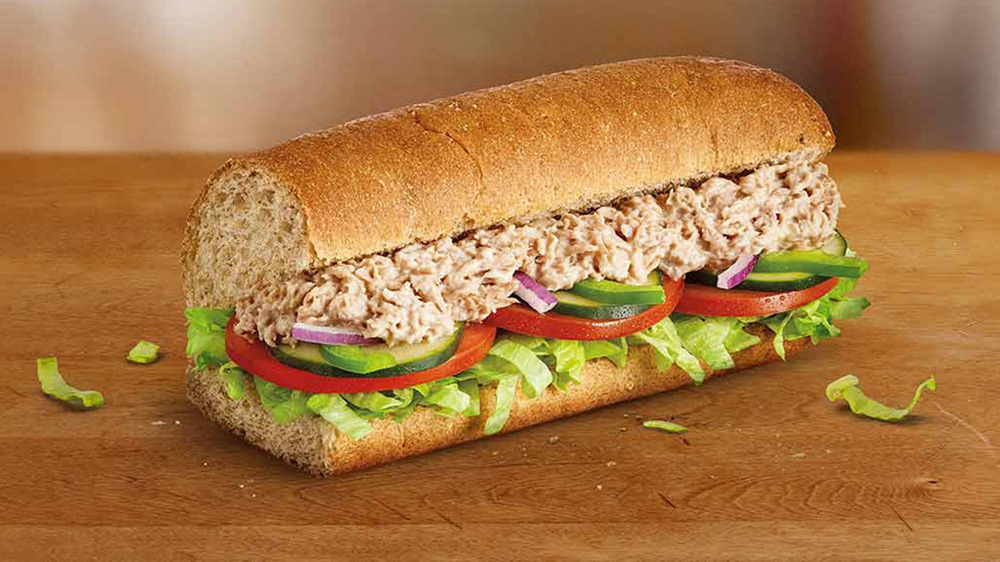Sustainable Fishing Practices You Should Support

Table of Contents
In an era of ecological reckoning, the oceans stand as both a symbol of abundance and a warning of excess. The concept of sustainable fishing has emerged as a critical solution to the mounting pressures on marine ecosystems. It refers to harvesting aquatic resources in a manner that maintains fish populations, protects habitats, and supports the livelihoods of those who depend on the sea. As global demand for seafood continues to rise, embracing responsible practices is no longer optional—it is imperative.
The Fragility of Marine Ecosystems
Beneath the waves lies a delicate equilibrium. Coral reefs, kelp forests, and seagrass meadows form the backbone of aquatic biodiversity. These habitats serve as nurseries, feeding grounds, and sanctuaries for countless species. Disrupting this balance through indiscriminate harvesting leads to cascading ecological consequences.
When predator-prey dynamics are altered, entire food webs can collapse. The removal of apex predators, for instance, may result in the proliferation of smaller species that overgraze foundational habitats. Such imbalances not only threaten marine life but also compromise the resilience of the ocean against climate-induced stressors.
Artisanal and Community-Based Approaches
Small-scale fisheries, often overlooked in global discourse, exemplify harmony between tradition and conservation. These operations typically employ low-impact gear, seasonal harvesting, and local knowledge passed down through generations. Their practices reflect a symbiotic relationship with nature, prioritizing long-term viability over short-term gain.
Community-based management empowers local stakeholders to steward their resources. By involving fishers in decision-making, compliance improves and ecological stewardship becomes a shared responsibility. These models foster social cohesion, economic stability, and environmental integrity.
Gear Innovation and Selective Harvesting
Technological advancements have revolutionized the way fish are caught. Selective gear—such as circle hooks, turtle excluder devices, and bycatch reduction nets—minimizes collateral damage to non-target species. These innovations reduce mortality rates among endangered marine animals and preserve the integrity of aquatic ecosystems.
Moreover, gear modifications can enhance efficiency without sacrificing sustainability. For example, trap designs that allow juvenile fish to escape ensure that populations have the opportunity to reproduce before being harvested. Such refinements reflect a nuanced understanding of marine biology and ethical harvesting.
Marine Protected Areas and No-Take Zones
Designating regions of the ocean as sanctuaries is a powerful tool for conservation. Marine Protected Areas (MPAs) and no-take zones provide refuge for vulnerable species and habitats. These spaces allow ecosystems to recover, replenish, and thrive without human interference.
Scientific studies have shown that MPAs increase biomass, biodiversity, and resilience. Spillover effects—where fish populations expand beyond protected boundaries—benefit adjacent fisheries and communities. Strategic placement and rigorous enforcement are essential to maximizing their impact.
Certification and Traceability
Transparency in the seafood supply chain is vital for informed consumer choices. Certification programs, such as the Marine Stewardship Council (MSC) and Aquaculture Stewardship Council (ASC), establish rigorous standards for environmental responsibility, social equity, and economic viability.
Traceability systems, often powered by blockchain technology, enable consumers to verify the origin and journey of their seafood. These tools combat fraud, discourage illegal practices, and reward ethical producers. As awareness grows, market demand increasingly favors verified sustainable sources.
Aquaculture with Ecological Integrity
Fish farming, when executed responsibly, can alleviate pressure on wild stocks. Innovations in closed-loop systems, integrated multi-trophic aquaculture, and plant-based feeds are transforming the industry. These methods reduce waste, prevent disease outbreaks, and minimize environmental footprints.
However, aquaculture must be carefully regulated to avoid unintended consequences. Poorly managed operations can lead to habitat destruction, pollution, and genetic dilution of wild populations. Balancing productivity with ecological stewardship is key to its success.
Consumer Advocacy and Responsible Choices
The role of the consumer in shaping industry practices cannot be overstated. By choosing ethically sourced seafood, individuals influence market dynamics and incentivize sustainable operations. Awareness campaigns, labeling initiatives, and educational outreach empower consumers to make informed decisions.
Reducing seafood consumption, diversifying protein sources, and supporting local fishers are additional ways to contribute. Behavioral change, rooted in knowledge and empathy, is a potent force for conservation.
Policy Reform and International Cooperation
Effective governance is the cornerstone of marine sustainability. Policies must be grounded in science, equity, and adaptability. Quotas, seasonal closures, and habitat protections are essential tools for managing fisheries responsibly.
International cooperation is equally vital. The ocean transcends borders, and its stewardship requires multilateral action. Treaties, regional management bodies, and global monitoring systems facilitate coordination, enforcement, and data sharing. Aligning national interests with ecological imperatives is a complex but necessary endeavor.
A Future Anchored in Responsibility
The path to marine resilience lies in collective action. Supporting responsible harvesting practices is not merely an environmental choice—it is a moral commitment to future generations. The ocean, vast and mysterious, offers sustenance, wonder, and life. Its preservation demands vigilance, innovation, and compassion.
By championing ethical practices, embracing technological solutions, and fostering global solidarity, humanity can ensure that the bounty of the sea endures. The tide of change begins with informed choices and unwavering resolve.



:format(jpeg)/cloudfront-us-east-1.images.arcpublishing.com/tgam/6FGPYVPWGFKDLMCGEQ5NFHZUZY.JPG)
